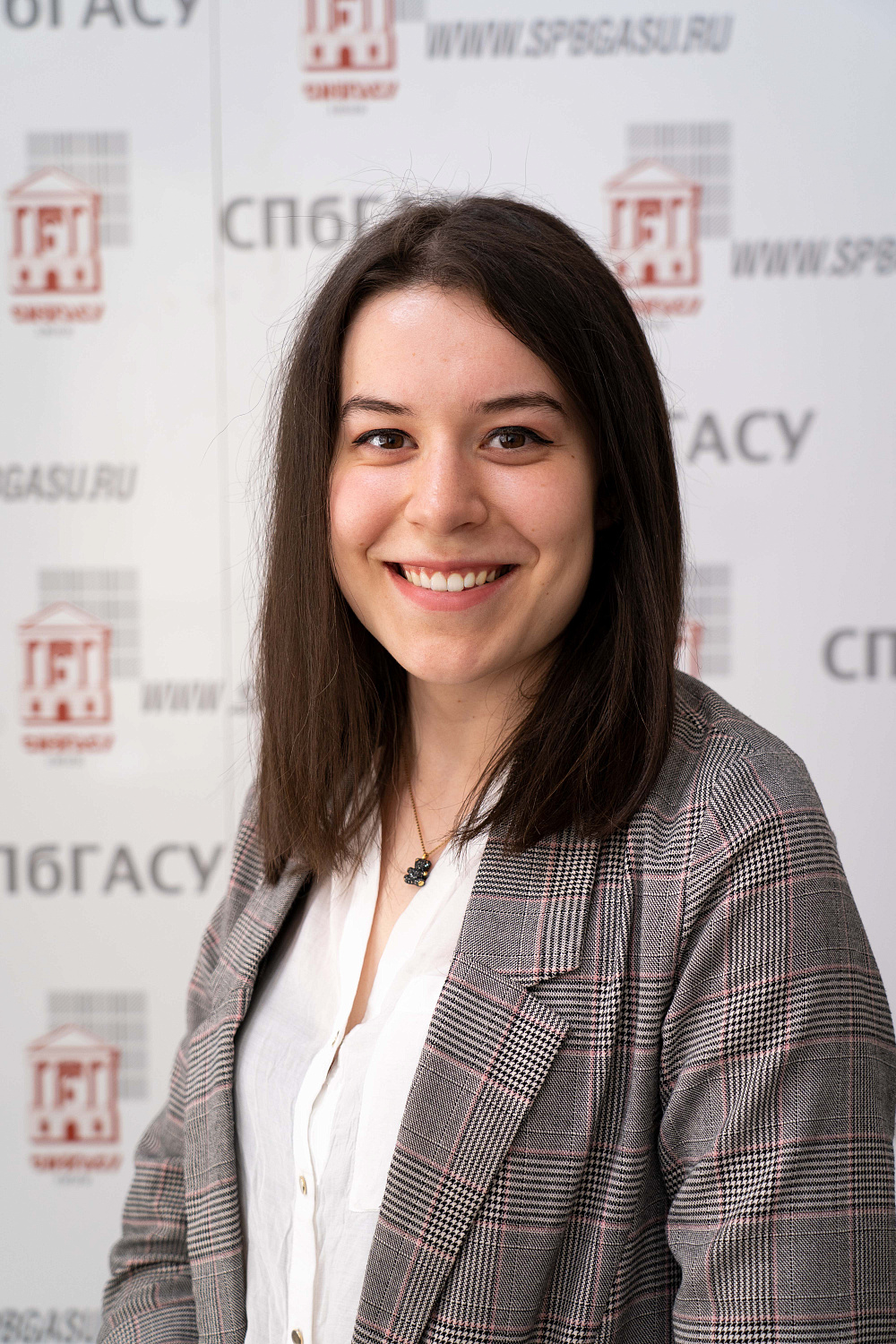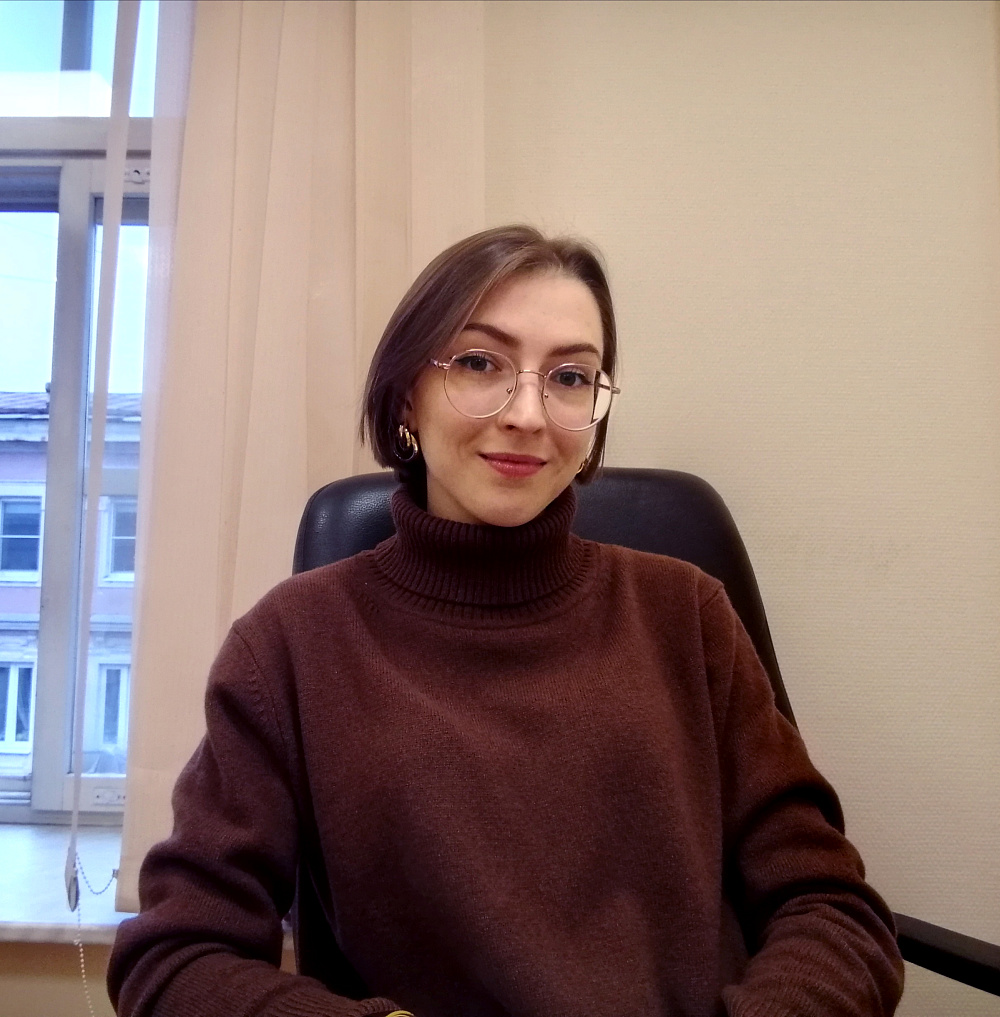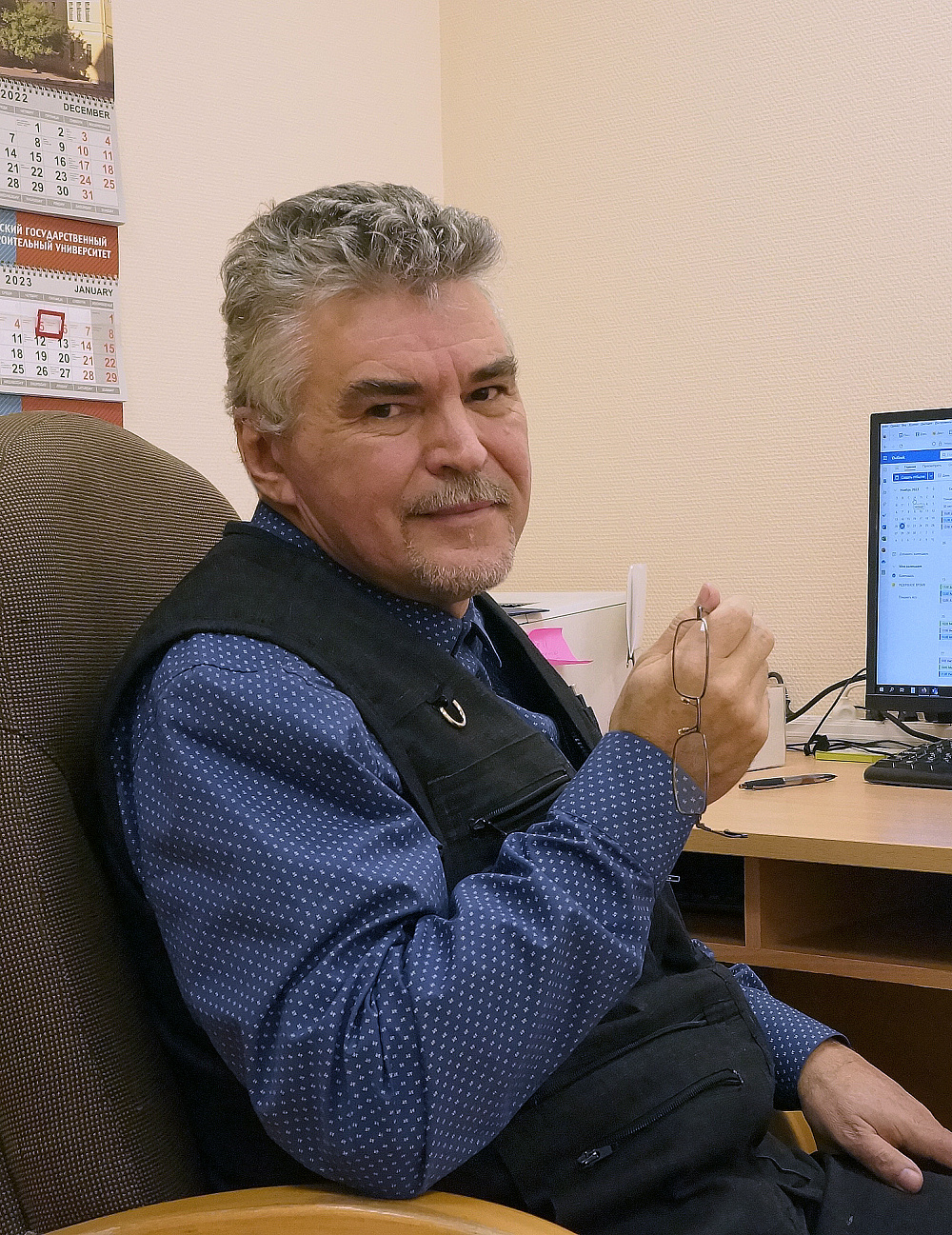
On 22 November, Russia celebrates Psychologist Day. Specialists of the SPbGASU Psychological Support Service for students celebrate their professional holiday at the workplace: every day they are approached with various personal problems. Often, when working together with a psychologist, a young person manages not only to cope with difficulties, but also to discover new opportunities in himself. We tell you why you shouldn’t hide your problem deep in your soul, but you need to share it with a psychologist.
Why do students need psychologists?
The period of study for most students coincides with a difficult period of personality development, when the usual parent-child model of relationships with people around them changes to an adult-partner one. The first model has many preferences and concessions, but significantly less opportunities and freedom. The second model opens up much more opportunities, but the share of personal responsibility and obligations increases. And here there is a high probability of collisions between romanticized expectations and the facts of the surrounding reality, which, in combination with a difficult educational program and the intense pace of study at a technical university, can lead to problems in psycho-emotional well-being.
Psychologists are specialists trained to work with this issue, able to accurately determine which tools a person lacks to independently “go through the steep turns” of emerging adult life, in which everything is real and serious. Knowledge and understanding of what you are dealing with gives everyone the opportunity to quickly and reliably navigate, become more flexible in realizing their interests and achieving goals, and opens up many new choices.
Moral teaching again, like fr om parents and senior comrades?
No moralizing! Firstly, because I am the only “senior comrade” in the Psychological Support Service. Other employees are practically of the same generation as the SPbGASU students, which already gives the opportunity to choose a specialist for themselves. Secondly, in the individual psychological interaction on which the work of our specialists is based, there are neither old nor young, neither right nor deviant. This process does not divide people into those who evaluate and those who are evaluated. And, of course, there are no “sick” and “patients”. There is someone who is having a hard time right now, and someone who you can lean on without worrying that he “suddenly thinks badly of you.” A psychologist is always on the side of the one who came to him; this is an immutable principle of his profession.
Which one to choose: a friend or a psychologist?
Here is one circumstance to be taken into account: neither parents nor friends studied, and then for years did not train several very important skills that make an ordinary sympathetic conversation a tool of professional psychological assistance. This is something that does not tie a person to “free ears” and a “tower of strength”, but encourages him to teach himself, not to abandon himself, to take care of himself and his future, his interests and not to delegate these important things to others. A professional psychologist does not seek to save, treat, edify, or care wh ere it is not asked for and is not needed. He does not use other people’s vulnerability to console himself (“everything is different with me”) or to assert his power.
“Secret psychological key” of a student
Being an SPbGASU student is not so simple. Our students are full of dexterity and ingenuity. We appreciate this, but we propose to deploy all the energy of these abilities in a direction that will serve the development of the student’s personality and the expansion of his professional capabilities. The ability to establish and maintain productive contact with different people, including “difficult” ones, is a professionally important personality trait. Students who understand this prefer not to create new problems in relationships out of nowhere, but perceive interaction with “difficult teachers” as a normal test of their communicative and adaptive abilities on the path to mastering the profession. And they succeed: the vast majority successfully cope with this challenge.
University psychologist through the eyes of a student
In most cases, Russian students do not fully understand when and why they need to contact a psychologist. But in recent years, the Psychological Support Services have been actively developing in educational institutions, and students are increasingly aware of their importance.
Yes, students often perceive a university psychologist as another teacher, which is due to their interaction in the educational space. But there is nothing wrong with this, because transferring the need for a specific figure (be it a mentor, parent, friend, opponent, etc.) to a specialist, personifying him with it is an important part of the psychological counseling process. It is important that the psychologist catches this trend in time and does not allow false expectations to arise in the client. A psychologist is a specialist who guides, updates, systematizes.
Ekaterina Mikhailova, psychologist: “Don’t be left alone with problems”
The first thing we do during a consultation is determining the goal we will strive for in our work. As a rule, at the end of the first meeting with the client we determine the main directions, and at the next consultations he already has specific topics to work on with the psychologist. Another thing is that suddenly a new direction for work may appear, and then you have to change the previously drawn up plan.
We try to work so that none of the students’ requests goes unanswered. Quite often, students ask how to cope with academic burnout. The best way is to notice and prevent it in time. But if you have already encountered unpleasant symptoms, there are several recommendations: you need to adequately assess your strengths and not take on too many tasks, find at least sometimes time to rest, and if necessary, make an appointment with a psychologist.
Maria Sedysheva: “The main thing is readiness, the decision to get involved in the counseling process”
You can contact a university psychologist with any personal problems, and not just with difficulties related to the educational process. Because problems in the personal sphere directly or indirectly affect a person’s life as a whole, including studies.
When making an appointment with a specialist from the Psychological Service, you need to have some idea about your problem: what worries you, creates discomfort, and disrupts your life. There is no need for any preliminary preparation or full mobilization of resources to work through the problem: you will do all this in tandem with a psychologist during consultations. The main thing is your readiness, your decision to get involved in this process. Of course, mere presence and listening will not be enough here. In some cases, it is possible to solve a problem with one consultation; even in one session, psychologists will help determine the direction of work, more accurately identify the problem, and it is likely that it will be possible to update the risks and resources on the path to solving it. Many students need just this kind of “introductory” psychological support, while others need to work through one problem over a certain period.
Three main problems which students share with a psychologist
- Problems of self-identity, self-determination, especially professional.
- Problems of emotional-volitional, motivational spheres of personality.
- Intrafamily problems, in particular, psycho-emotional tension associated with attachment to parents, conflicts, etc.





